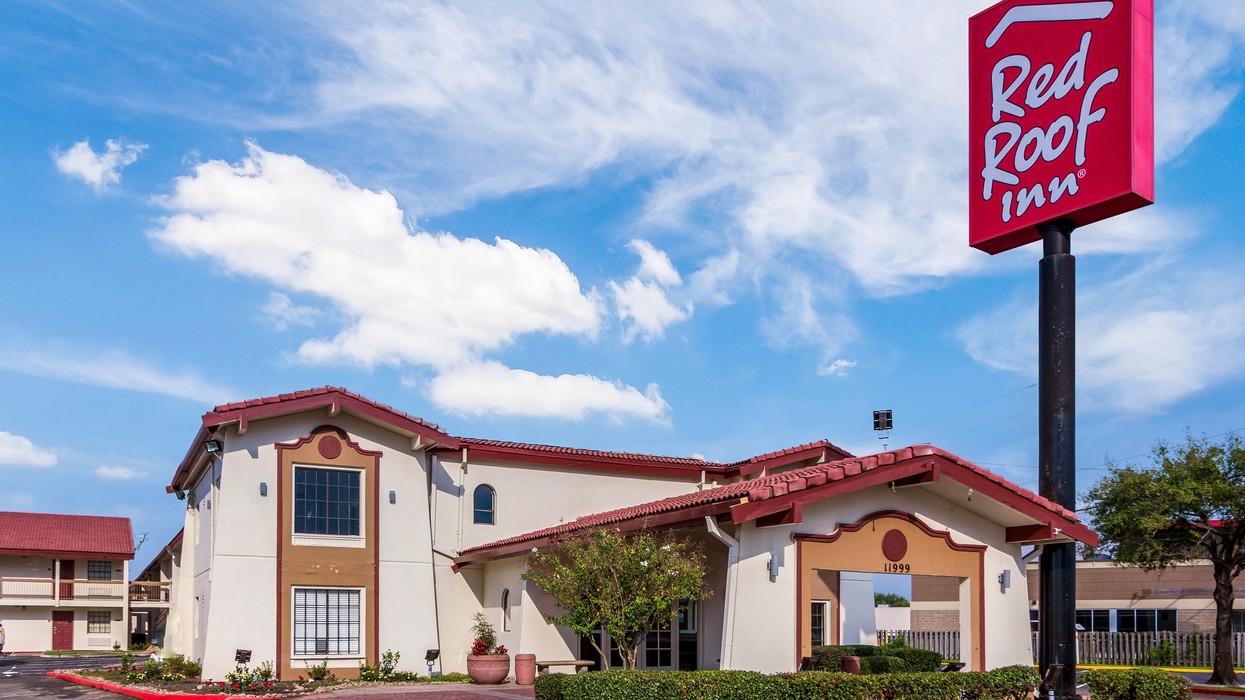Dusit International India Expansion 2025: Targeting Tier 2 & 3 Cities
DUSIT INTERNATIONAL, THE Bangkok-based hotel and property development company, reentered India after a decade, signing six new hotels totaling about 800 keys. The company is targeting tier-two and tier-three Indian cities with limited upscale hospitality options, having launched its luxury retreat dusitD2 Fagu in Shimla in December.
Cities being targeted include Raipur, Chhattisgarh; Bhiwadi, Rajasthan; Kolkata, West Bengal; and Lonavala, Maharashtra.
The move is part of Dusit’s global expansion strategy focused on high-growth markets like Vietnam, Indonesia, Japan and China, with plans to sign more than 100 hotels worldwide in the next five years, Dusit said in a statement.
“India is one of the biggest markets in Asia,” said Siradej Donavanik, Dusit International’s vice president for global development. “We always knew we had to be here. Our last foray didn’t work out as a business deal, but the long absence helped us regroup.”
The 76-year-old company was founded by Donavanik’s grandmother, Thanpuying Chanut Piyaoui.
The Dusit Princess brand will debut in Raipur with 200 keys; Bhiwadi with 165 keys; Kolkata with 220 keys; and Lonavala with 120 keys, the statement said. Two boutique luxury properties under the new Dusit Collection brand are planned for Kasol and Manali in Himachal Pradesh.
In addition to the six signings announced on April 3, the chain has also signed three properties in Karnataka, including the wellness-focused Devarana Sakleshpur – A Dusit Retreat, set to open in 2028, and two Dusit Princess hotels. All are under management agreements, though the company is open to investment opportunities.
Deepika Arora, Dusit International’s India head, said the company sees potential for every brand in its portfolio in India.
"While the company has already signed close to 800 keys, we expect that to grow to 3,000, with at least half a dozen properties operational in the next five years," Arora said. "Except for the Bhiwadi property, which is a brownfield project, all others are greenfield developments and will take at least three years to open."
Donavanik said the company has invested significantly in infrastructure, from IT to brand architecture.
“We have completely revamped all these things over the last five years,” he said. “We’ve diversified our businesses to ensure that when we come back, we’re ready with a renewed sense of purpose and value propositions we didn’t have before.”
Beyond expansion, Dusit aims to build an integrated hospitality ecosystem in India, combining stays, wellness, gastronomy and hospitality education, the company said. Central to this is its “Tree of Life” sustainability program, aligned with select UN Sustainable Development Goals and built on 31 measurable criteria to ensure lasting community impact. The company will also develop local talent through Dusit Hospitality Education, training Indian professionals to deliver world-class service.
Dusit’s portfolio includes around 60 hotels, 230 luxury villas and estates, and branded residences managed for third parties. It operates in 18 countries and owns about one-third of its hotels. The company entered India in 2010, managing the Dusit Devarana hotel in Delhi in partnership with the Bird Group until the joint venture ended in 2016.
Bird Group, owner of Roseate Hotels & Resorts in India and the UK, recently acquired Beechfield House, a Grade II listed property in Wiltshire, England, as its eighth hotel under the Roseate brand.


















